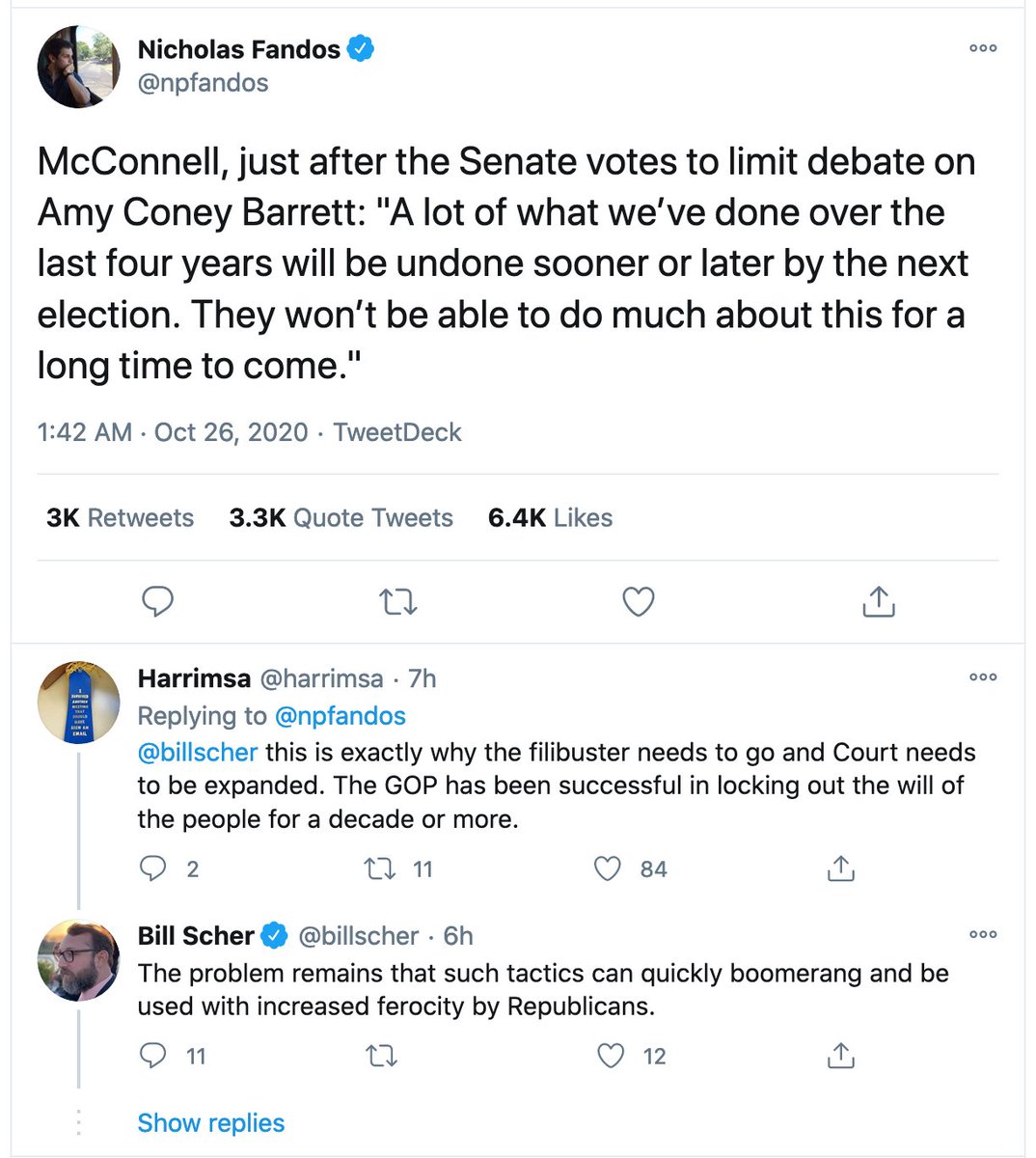
This is good. There ought to be a word for this genre. It's non-argumentative but non-hortatory; confessional merely by way of efficient summation. It's a form excluded by academic conventions, yet highly complementary to it, by design. 1/
https://twitter.com/lastpositivist/status/1319662290564747266
I've thought about writing something of the sort myself, tricky though it is just to say what one thinks (not eve why). Were every philosopher to write something of the sort, on every major topic, it would be of considerable, navigational assistance, in staging our arguments. 2/
On the subject of Great Books programs, I went to the University of Chicago back in the Allan Bloom days, and the funny thing was: there are too many anthropologists around that place. I was supposed to be set to reading Thucydides, Smith, the Federalist Papers and Plato. 3/
But, what with one thing and another, I got stuffed with a great deal of Geertz, Sapir and other less canonical folks. I read a mish-mash. Which was ok. 4/
The lesson I take away is Great Books programs are fine as a counterbalance to the tendency of individual academics to disciplinary insularity and even specialist solipsism - I mean, everyone has a bug in their ear, a beetle in their box. That's a bit confusing for the kids. 5/
The problem with Great Books programs, which are for getting everyone on the same page, is they start pointless, unresolvable fights over 'the Canon', which means recreational agonistics for some faculty, which are needless, just for getting everyone on some page. 6/
I would favor a curriculum of semi-random Good Books. Each incoming class is assigned a set of Good Books, selected by lottery from a list put up by the faculty. Everything on the list is a book at least 25 years old, plausibly Good. 7/
If every class had a set of 25 or so Good Books, and everyone in the class must read some large subset of the Good Books - faculty would be obliged to slot them in - that would be Good. It would generate conversation. 8/
Each Good Book would have - oh, say - a 4-year term of office on the list. So every year a quarter of the list gets freshened up. The norm that your cohort will all read a set of Good Books, without any presumption that these are, cosmically, Greatest, would be healthy. 9/
Each Good Book set would have an obvious eccentricity in the aggregate, but also - one hopes - some I Ching-like intrigue, uniqueness and felicity. Faculty would be enjoined not to be assholes about it, picking candidates. Pick something that is of plausible general interest. 10/
• • •
Missing some Tweet in this thread? You can try to
force a refresh




